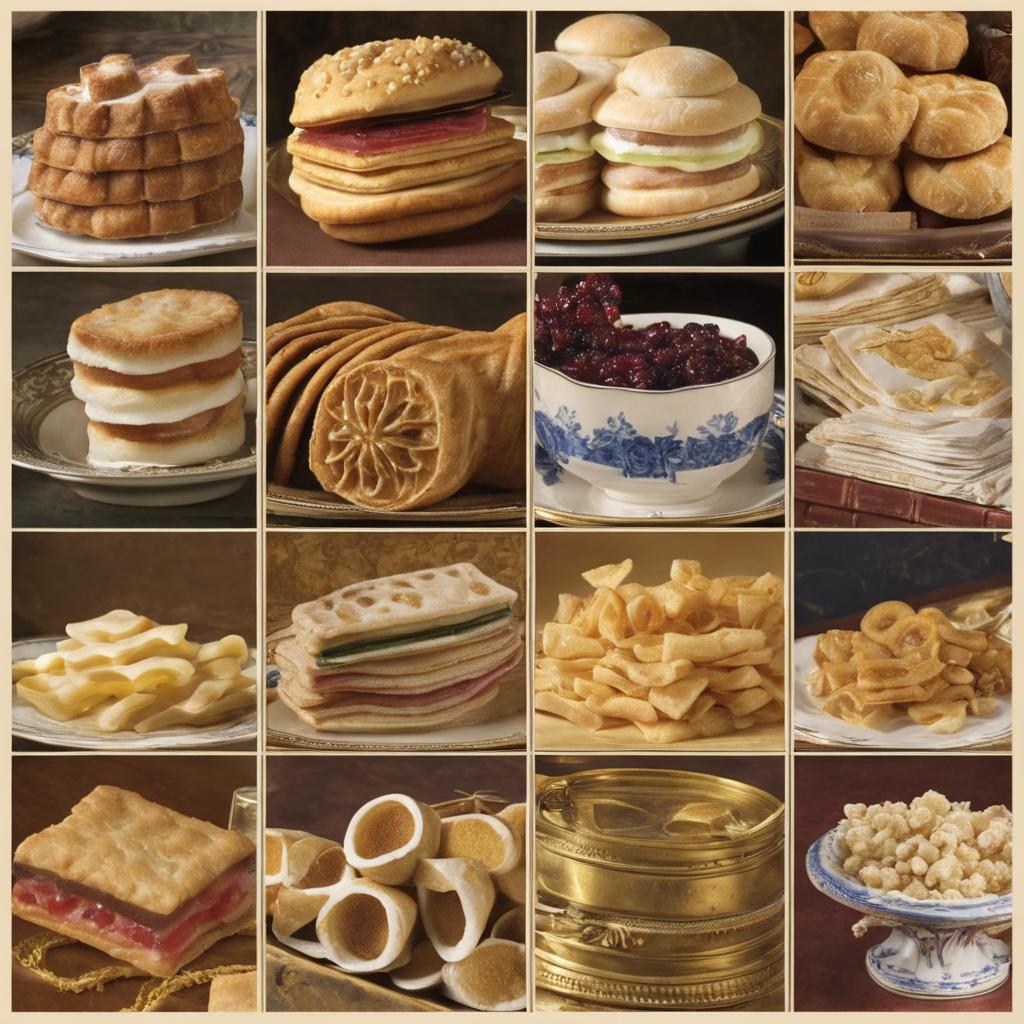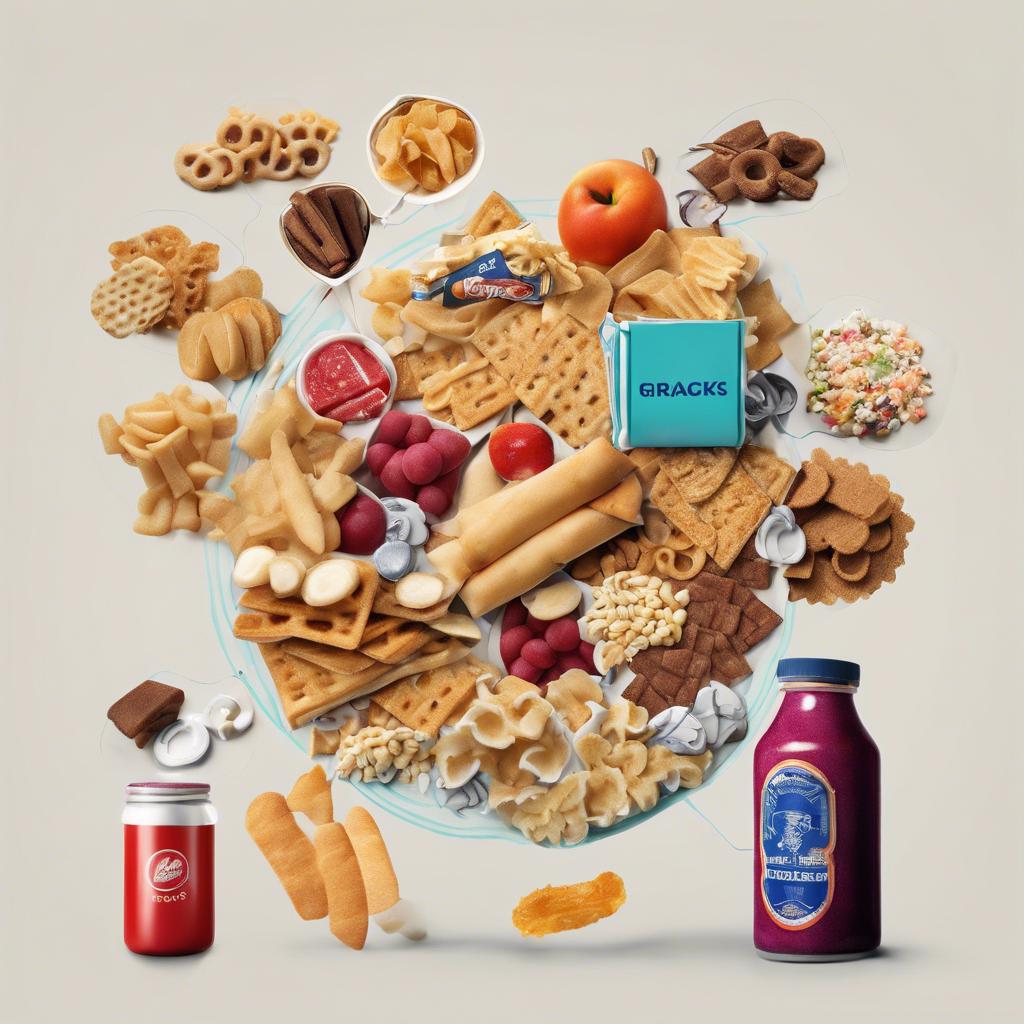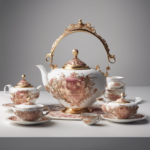The Regency era, spanning from 1811 to 1820, was a pivotal period in British history marked by social, political, and cultural change. Amidst the grand balls, elaborate fashion, and political intrigue of the time, a lesser-known aspect of Regency society was the delectable array of snacks enjoyed by the elite classes. From petite sandwiches to indulgent pastries, Regency-era snacks provided a glimpse into the refined tastes and culinary customs of the era. In this article, we will delve into the fascinating world of Regency-era snacks and explore the decadent delights that graced the tables of Britain’s aristocracy.
Step Into the World of Cheryl Bolen
Dive into the enchanting stories of love, intrigue, and elegance set in the Regency Era. Cheryl Bolen's novels offer timeless romance and captivating tales that will leave you wanting more.
Explore Cheryl Bolen's Books Now
Popular snacks during the Regency era
A popular snack during the Regency era was gingerbread, which was often enjoyed with a cup of tea or coffee. This sweet treat was made with a combination of ginger, molasses, and spices, giving it a warm and comforting flavor. Gingerbread was often shaped into intricate designs, making it a favorite among high society gatherings.
Another beloved snack during this time was seed cakes, which were small, individual cakes made with caraway seeds. These cakes were perfect for serving at afternoon tea parties or as a light treat between meals. The crunchy texture of the seeds added a delightful contrast to the soft cake, making them a popular choice among Regency-era snack enthusiasts.
Almond biscuits were also a common snack during the Regency era, enjoyed by people of all social classes. These simple yet delicious biscuits were made with ground almonds, sugar, and egg whites, resulting in a light and crispy treat. Almond biscuits were often served alongside afternoon tea or as a quick pick-me-up during long social gatherings.
Exquisite flavors and ingredients of Regency era snacks
In the Regency era, snacks were a delightful indulgence that showcased the exquisite flavors and ingredients of the time. From delicate pastries to savory treats, these snacks were a reflection of the refined tastes of high society.
One popular snack during this period was the elegant tea cake, made with fine flour, sugar, and butter. These small, delicate cakes were often flavored with fragrant rosewater or citrus zest, offering a burst of flavor with each bite. Served alongside a cup of tea, these tea cakes were the perfect accompaniment to a leisurely afternoon.
For those with a taste for something savory, Regency-era snacks also included hearty meat pies filled with succulent beef or rich game meats. Encased in flaky pastry, these pies were a satisfying treat that combined the bold flavors of meat with the buttery goodness of the crust. Whether enjoyed as a midday snack or a hearty meal, these meat pies were a staple of Regency-era cuisine.
Regional variations in Regency era snacking culture
In the Regency era, snacking culture varied greatly across different regions of England. Each area had its own unique preferences and traditions when it came to indulging in delicious treats between meals.
London: In the bustling metropolis of London, the busy streets were filled with vendors selling a variety of snacks to hungry passersby. Some popular choices included roasted chestnuts, gingerbread cookies, and meat pies. Londoners also enjoyed stopping at coffee shops for a cup of freshly brewed coffee and a sweet pastry.
Yorkshire: In the rural countryside of Yorkshire, residents tended to favor more hearty and filling snacks. Slices of fruitcake, crumpets with butter, and savory pasties were commonly enjoyed during afternoon tea in cozy cottages.
Elegant presentation and etiquette of enjoying Regency era snacks
In the elegant Regency era, snacks were not simply consumed, but enjoyed with grace and poise. To truly immerse oneself in the refined atmosphere of the time period, it is essential to pay attention to presentation and etiquette when partaking in these delicious delicacies.
When serving Regency era snacks, it is important to use delicate china or fine porcelain dishes to enhance the aesthetic appeal. A beautifully arranged spread not only pleases the eye but also adds to the overall experience of indulging in these treats. Serve the snacks on dainty plates or in elegant bowls, and consider using vintage silverware for an extra touch of sophistication.
To fully embody the Regency era spirit, remember to observe proper etiquette when enjoying your snacks. Sip tea or champagne slowly and with elegance, taking small, dainty bites of the delectable treats. Engage in polite conversation with your company, and always remember to express gratitude to your host for their hospitality. By following these simple guidelines, you can savor the experience of Regency era snacks in a truly authentic manner.
Concluding Remarks
the Regency era may be commonly known for its opulent balls and extravagant fashion, but its culinary delights should not be overlooked. From delicate sandwiches and savory pastries to sweet treats like jellies and macarons, these snacks offered a taste of luxury for the upper classes of the time. As we reflect on the culinary traditions of the past, let us continue to appreciate the creativity and decadence of Regency era snacks, and perhaps even recreate them in our own modern kitchens. Bon appétit!


